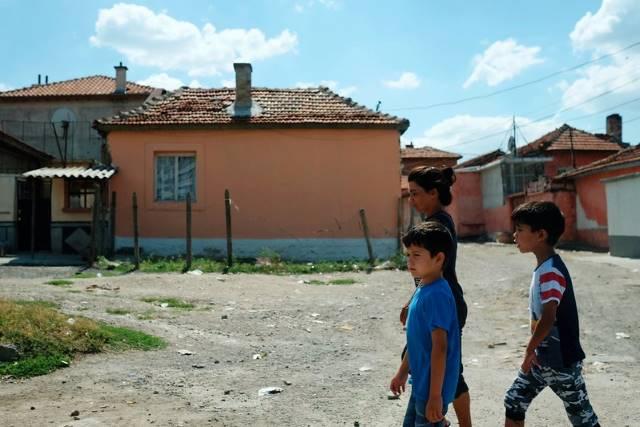Understanding Poverty in Bulgaria
Poverty remains a significant issue in Bulgaria, impacting numerous aspects of society. The country has one of the highest poverty rates in the European Union, which affects both urban and rural populations.
Historical Context
To understand the current poverty dynamics, it is essential to look at Bulgaria’s historical context. The transition from a communist regime to a market economy in the 1990s led to substantial socio-economic changes, resulting in a sharp increase in poverty levels.
Current Statistics
As of the latest reports, around 22% of the Bulgarian population lives below the national poverty line. This statistic highlights the significant challenges that many Bulgarians face daily, particularly among marginalized communities.
Factors Contributing to Poverty
Several factors contribute to the persistence of poverty in Bulgaria, including unemployment, low wages, and insufficient social support. These factors intertwine, creating a cycle that is difficult for many families to escape.
Government Measures and Challenges
The Bulgarian government has implemented various measures to combat poverty and improve social welfare. However, challenges persist in effectively addressing these issues, often due to inadequate funding and bureaucratic inefficiencies.
The Role of Non-Governmental Organizations
NGOs play a crucial role in addressing poverty in Bulgaria by providing support and resources to those in need. Organizations like The Borgen Project work tirelessly to raise awareness about poverty in Bulgaria and advocate for effective solutions. You can learn more about their efforts here.
The Road Ahead
Addressing poverty in Bulgaria requires a multifaceted approach involving government, NGOs, and international support. Continued advocacy and action are necessary to create lasting change and provide opportunities for all Bulgarians.

